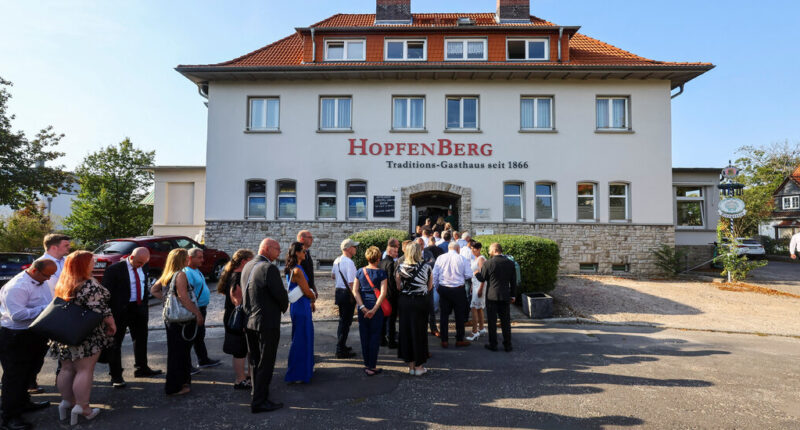All parties have said they would shun the Alternative for Germany, known as the AfD, which they consider as dangerous to democracy. That could leave the Christian Democratic Union, which may end up running both state governments, as the main beneficiary of the vote among traditional mainstream parties.
While the results may augur well for the Christian Democrats for the next federal elections, scheduled for September 2025, they are certain to add to the troubles of the three parties in Chancellor Olaf Scholz’s governing coalition, which performed badly.
“This is a historic success for us,” Alice Weidel, a national leader of the AfD, told the public broadcaster ARD. She described the result as a “requiem” for the Berlin government.
Projections based on early results put the AfD first in Thuringia at 31.2 percent and a close second in Saxony, at 30.4 percent. They put the Christian Democratic Union, the main opposition party nationally, first in Saxony at nearly 31.6 percent and second in Thuringia, at 24.5 percent. The BSW was running third, with 15.7 percent in Thuringia and 12 percent in Saxony.
Mr. Scholz’s Social Democrats should make the 5 percent threshold to enter the Parliament in both states, getting 6.8 percent in Thuringia and 8.2 percent in Saxony. The Greens are expected to barely make the threshold in Saxony, but fall short in Thuringia. The Free Democrats were polling in both states under 1.5 percent.









